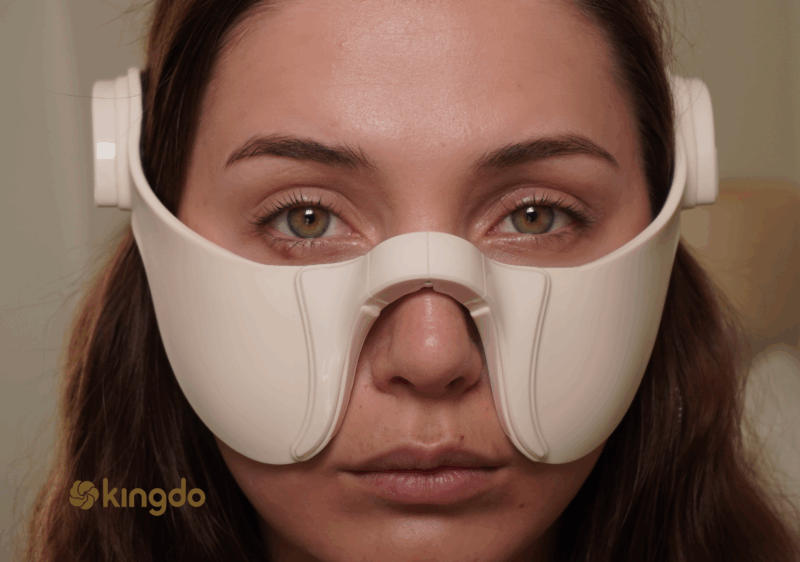
Therapy in New York has undergone a remarkable transformation. From the early days of Freudian couches to today’s cutting-edge, personalized approaches, we are witnessing a fundamental transformation within the system. The evolution of therapy is intertwined with New York’s fast-paced culture, growing awareness of mental health, and demand for diverse, accessible mental health services.
A Brief History of Mental Health Treatment
The journey of mental health treatment began in the late 19th and 20th centuries with the rise of psychodynamic therapy. This technique was primarily influenced by Freud’s work, which laid a foundation for what would later become known as the talking cure. In those days, therapy was limited, and only the affluent could afford it. It also revolved around long-term analysis. The first psychological clinic in the United States opened in 1986, setting the stage for what would become modern psychotherapy services.
As time progressed, mental health treatment expanded beyond academic theory. Institutions and mental health counselors began adopting evidence-based practices, leading to structured methods such as Cognitive Behavioral Therapy (CBT) and person-centered therapy.
Shifting From Mental Illness to Mental Health Care
Initially focused on mental health illness, therapy has now shifted to include mental health care that addresses the full spectrum of emotional and psychological experiences. Rather than only treating mental disorders, New York Therapists now work with clients through life transitions, relationship challenges, and personal growth.
With this shift came a better understanding of mental health conditions like anxiety, depression, and trauma. The stigma surrounding mental health issues has now slowly diminished. This encourages individuals to seek help for mental health concerns in a supportive environment.
In-Person Therapy and the Rise of Modern Psychotherapy
Throughout the 20th century, in-person therapy has remained the standard. Whether meeting in a private office or a psychological clinic, sessions allowed clients to experience therapeutic conversations face-to-face with mental health counselors. These encounters were critical in helping clients develop and explore interpersonal relationships, navigate more life transitions, and improve their emotional health.
Today, modern psychotherapy has adapted to the needs of a continuously evolving digitized world. While in-person therapy remains valuable, virtual and online sessions are becoming more common. This is being implemented primarily within urban centers around the country, like New York.
The Rise of Online Therapy and Telehealth
The COVID-19 pandemic accelerated the adoption of virtual therapy. It made treatment more accessible to those who could not attend in-person sessions. Platforms offering therapy services now serve clients across boroughs and beyond, democratizing access to mental health support.
With the aid of insurance companies and changes in healthcare policies, many New Yorkers now rely on online therapy as a primary method for treating mental health disorders. This includes psychological disorders such as PTSD, OCD, and depression.
Therapeutic Approaches in NYC Today
New York’s therapy scene is as diverse as its population. Therapists now incorporate approaches like group, somatic, cognitive, and family therapy into their practices. These methods are essential and help address mental health problems from multiple angles.
Whether you are seeking individual therapy or exploring holistic psychological treatments, the city’s mental health professionals offer flexible, culturally responsive options. The emphasis has shifted from diagnosing mental health disorders to creating sustainable strategies for stress management, personal growth, and navigating life transitions.
NYC Therapists and the Consciousness Movement
A new wave of NYC therapists is incorporating mindfulness, somatic practices, and trauma-informed care to help clients awaken their deeper selves. This shift toward consciousness reflects the growing awareness that mental health is not just about the absence of a disease. It is about thriving.
The therapeutic journey now includes helping clients cultivate emotional well-being, heal from mental health distress, and discover tools for ongoing supportive environments and the right therapist matches. These modern approaches acknowledge the mind-body connection as central to the whole healing approach. Therapists integrate breath work, movement, and meditation into their everyday practices.
Clients are encouraged to tune their inner experiences with compassion and curiosity. Rather than focusing solely on symptoms, the emphasis is on restoring balance and resilience. This evolution has empowered individuals to reclaim agency over their mental health journey.
Seeking Therapy in the City That Never Sleeps
More people than ever are now seeking therapy in New York. They do this not only for crisis intervention, but as a proactive step toward clarity, emotional balance, and personal growth. The fast-paced lifestyle of the town, combined with the increased awareness of mental health, has led individuals from all walks of life to prioritize their well-being. Young professionals are seeking support for burnout, anxiety, major life transitions, and career-related stress, while older adults are processing grief, navigating life’s major transitions, or reflecting on their identity with renewed purpose.

The demand for accessible, high-quality mental health services continues to rise, reflecting a cultural shift toward viewing therapy as a form of self-care and not as a means of last resort.
Choosing the right therapist can be a pivotal moment in a person’s mental health journey. It creates the foundation for lasting change. Whether exploring psychodynamic therapy, cognitive behavior therapy, or person-centered therapy, clients in NYC benefit from a rich landscape of therapy services tailored to diverse needs and goals.
Conclusion
The evolution of therapy in New York is a testament to how far we have come in understanding the human psyche. From early psychologists to today’s integrative practitioners, therapy has become a multidimensional tool for healing, growth, and transformation.
Whether you are starting your mental health journey, managing mental health conditions, or simply seeking support for navigating life transitions, New York remains at the forefront of modern psychotherapy. With many modalities, professionals, and delivery methods available, such as online therapy, individual therapy, somatic therapy, or group therapy, the city continues to offer pathways to a better, more conscious life.
With the diverse therapeutic approaches and commitment to holistic care, mental health counseling in NYC continues to empower individuals to heal, grow, and thrive across every stage of their lives.













